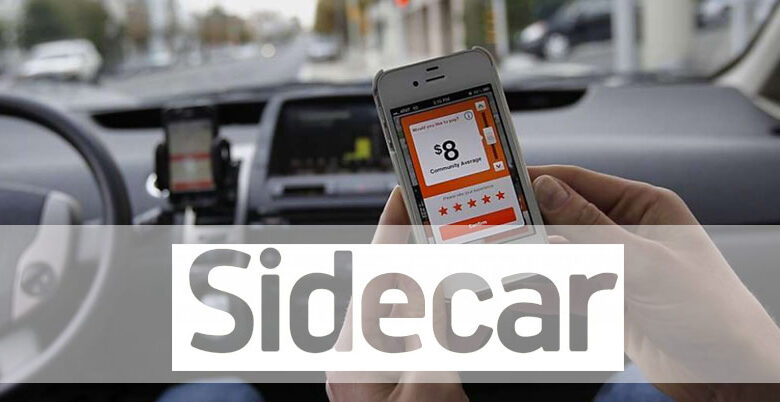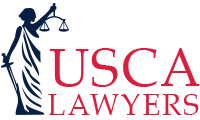Sidecar Possible Labor Violations

A judge for the California Labor Commission recently ruled that drivers working for the ride-sharing service Uber should be classified as employees, not as independent contractors. The Uber labor case decision could mean that independent contractors working for companies, which operate under a similar business model, such as Sidecar, may be entitled to company benefits, higher wages, and greater job security. The new “on-demand” economy has reportedly seen many companies grow at a rapid pace using business models that categorize workers as independent contractors instead of employees to keep operating costs very low. If you work, or have worked, for Sidecar as a driver please contact us at 213-212-2202 or through the form on this page.
Background
Sidecar is a startup company founded in San Francisco in 2012. It has reportedly raised almost $35 million in capital for growth and has recently expanded from ride-calling services to delivery services for products like groceries, packages, and consumer goods. Sidecar reportedly hires delivery people to buy goods and other things at local stores and then deliver them to customers within a few hours. It is reported that there are numerous similarities between Uber and Sidecar. For starters, Uber reportedly operates mostly through a mobile phone app, which allows consumers to submit a trip request that is routed to Uber drivers who use their privately-owned vehicles to pick up and deliver the customer to his or her destination. Uber drivers allegedly are required to have a fairly new car, a valid driver’s license, and clean driving record. Additionally, drivers reportedly must have an insurance policy that covers their vehicle for commercial purposes.
It is reported that the requirements for Sidecar’s drivers and delivery workers are very similar to Uber’s. Sidecar workers reportedly are employed as independent contractors and use their own vehicles, bicycles and scooters to transport customers and deliver goods from participating chains. Sidecar delivery drivers are allegedly required to undergo a comprehensive screening process, which includes a criminal background check and drug screening. Sidecar, also reportedly utilizes an app that smartphone users purchase items using their credit cards.
Labor Judge’s Ruling
The California Labor Commission said that its ruling is based on the level of control Uber assumes over its drivers. Companies minimize costs by employing people as freelancers who use their own possessions to provide company services, even as they maintain considerable control over workplace behavior. The Commission noted that Uber holds itself out as a “neutral technological platform,” but the reality is that the company is involved in every aspect of the operation. For more on the Commission’s ruling, click here.
Protect Yourself By Contacting Us
Lawyers are currently researching class action claims against Sidecar in connection with the California Labor Commission ruling. If you work, or know anyone who has worked as a Sidecar delivery driver, please contact us. Fill out the form on this page or call 213-212-2202. Contact our attorneys if you have any questions or concerns regarding this investigation.

